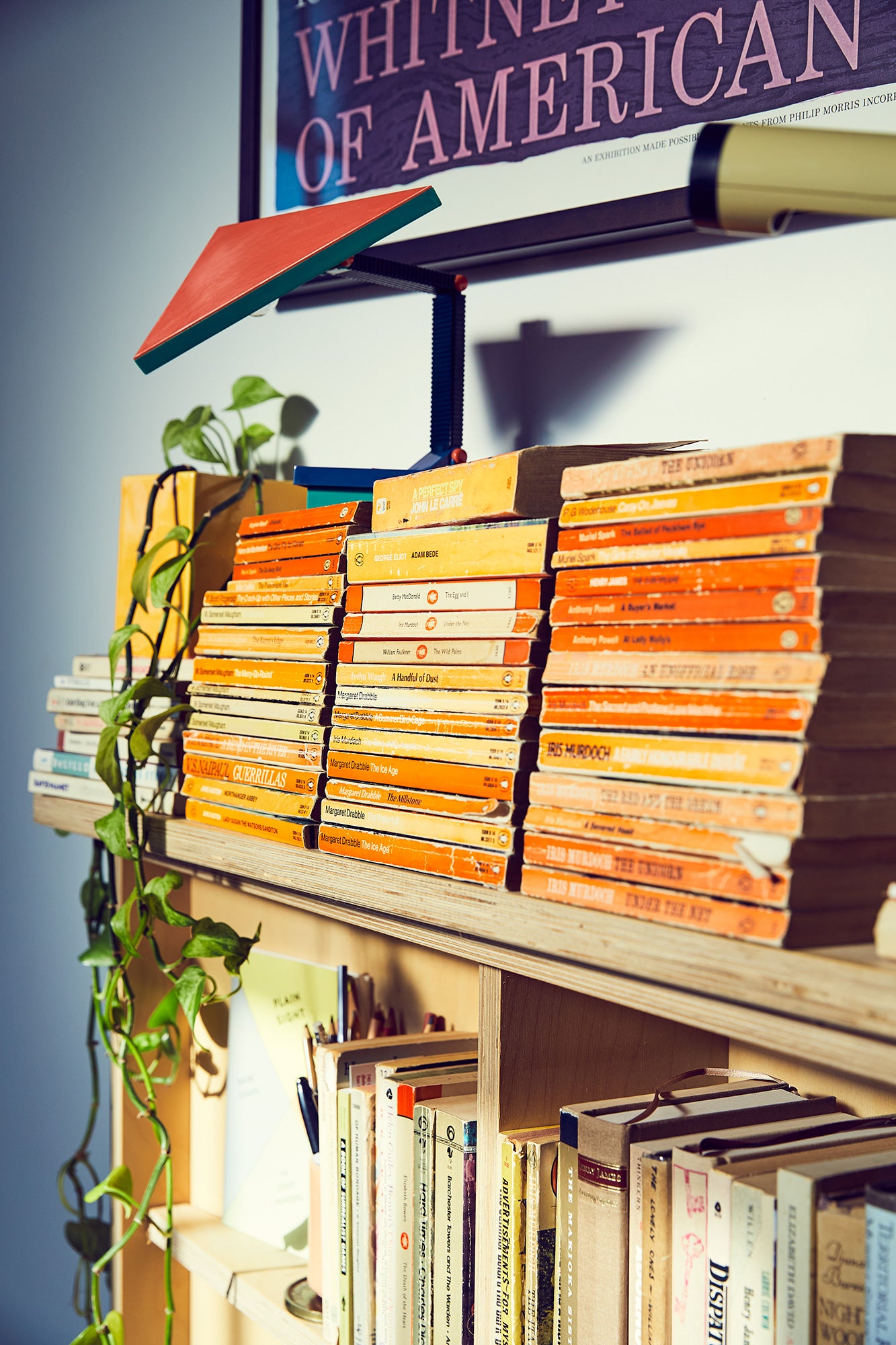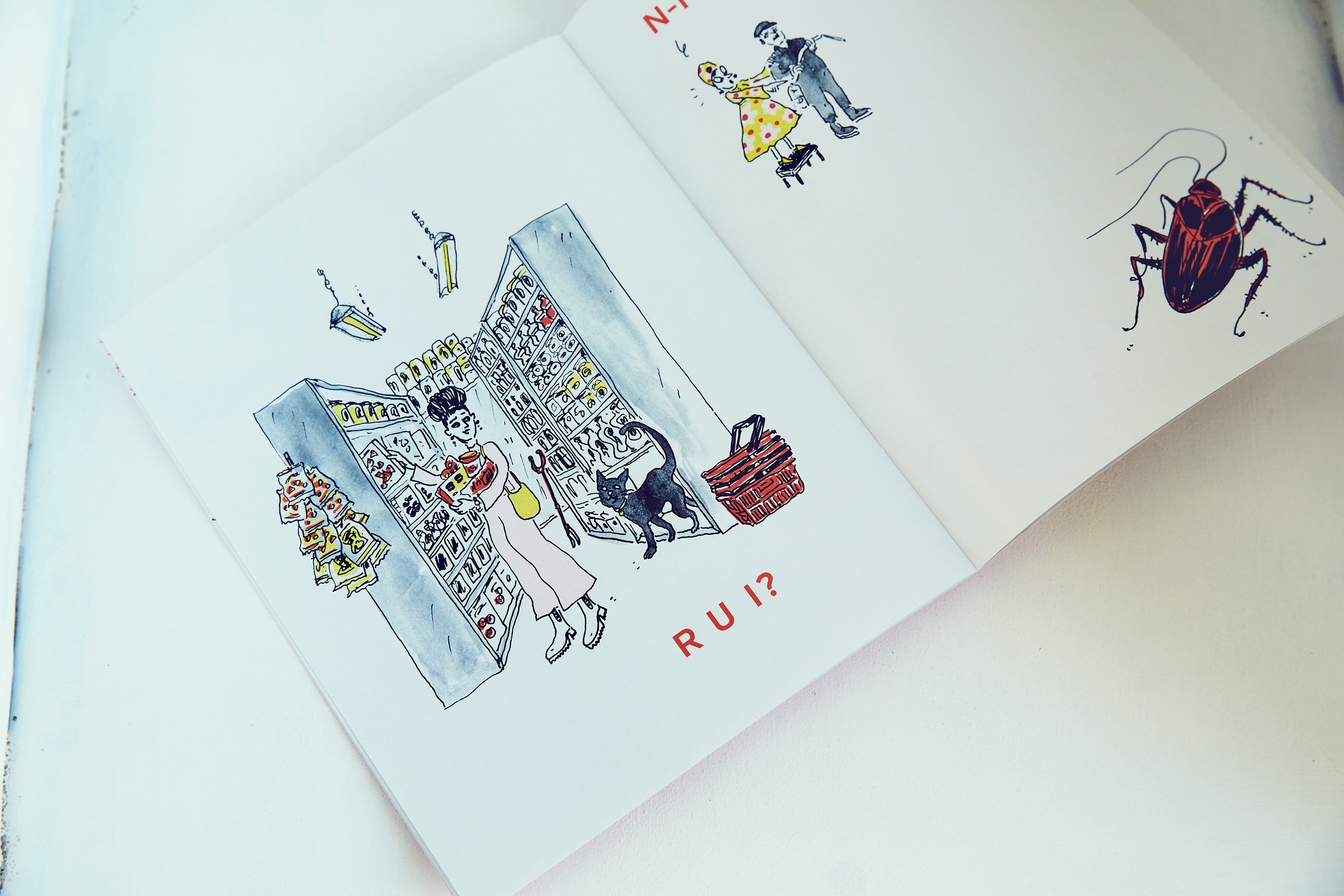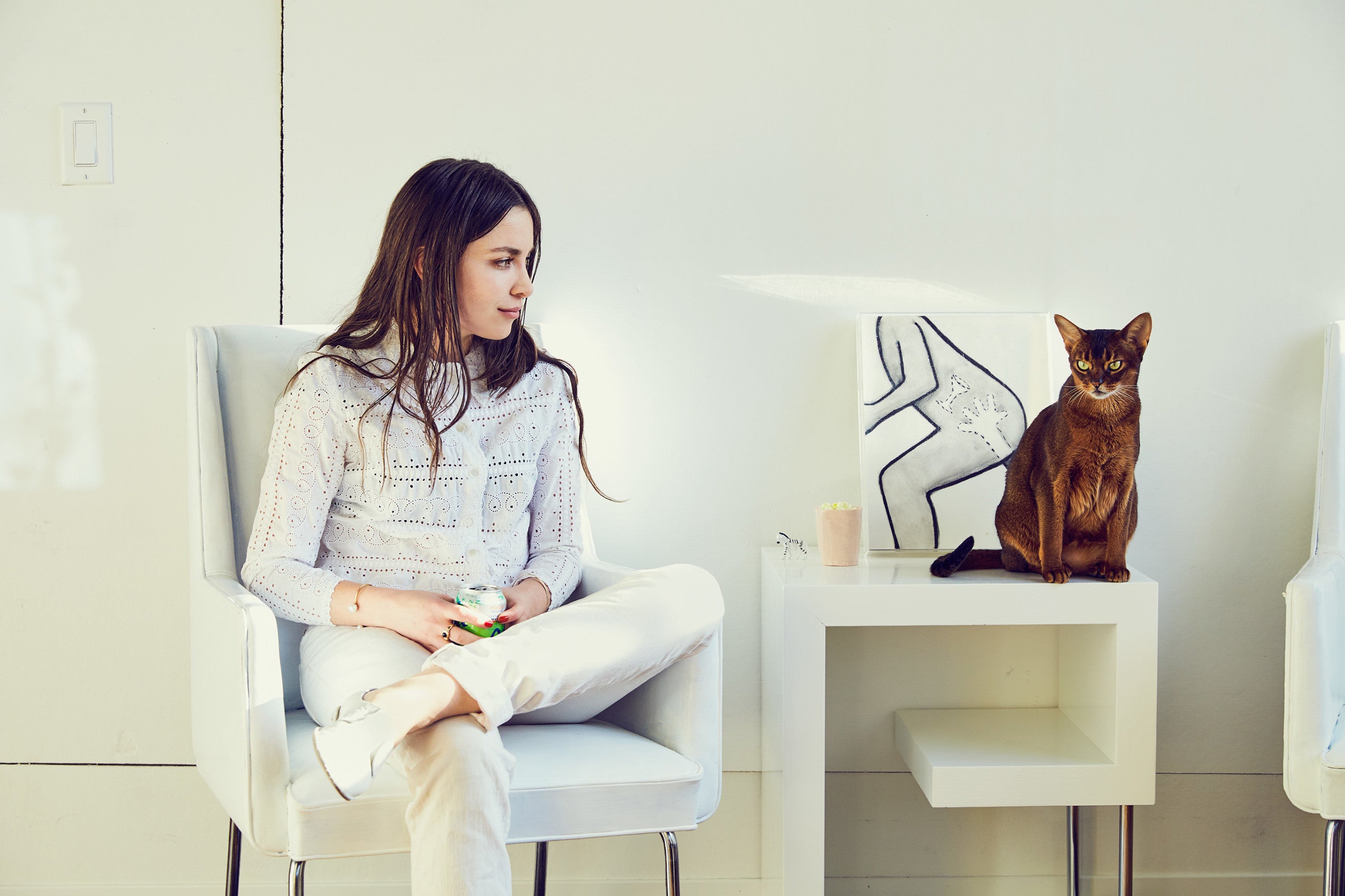
The literary jill-of-all-trades on dropping out of high school, the importance of systems, and the life-affirming pleasure of puzzles.
AS TOLD TO GOSSAMER
I live above a cabbage and fortune cookie distribution center. It’s a former factory and from some angles there's two stories and from some there's four. It has, like, four addresses. I grew up living with my mom and we moved all the time. She had a knack for finding crazy, magical, small, interesting homes on sale.
I was born in San Francisco. My parents are divorced, so I lived half the time in San Francisco proper, in a spindly old Victorian house with a secret passageway. But then my mom moved to Bolinas and so I lived half there. Bolinas is kind of like this lost hippie town of intelligent, conscious hedonism. It’s the dude who gets up every morning at 5:00 AM, surfs for two hours, has his special breakfast, takes a special walk, reads some Norman Mailer. I don't know. There was something very entropic about it. It was full of people who did the same thing every single day.
Weirdly, I think a lot of my foundational personality characteristics were developed in Bolinas, or in reaction to Bolinas. It's a strange and highly xenophobic place, but also highly accepting. The people there are really protective of what they see as an enchanted enclave. In many ways, it is that, and in many ways it's hellish, actually. A lot of kid's parents were addicted to drugs and the kids were kind of messed up. But it's also a very creative, nature-loving place, where the best of that lost 1970s California counterculture just concentrated. I felt trapped there, though, especially when I was too young to drive. I was just stuck behind a mountain by the sea.
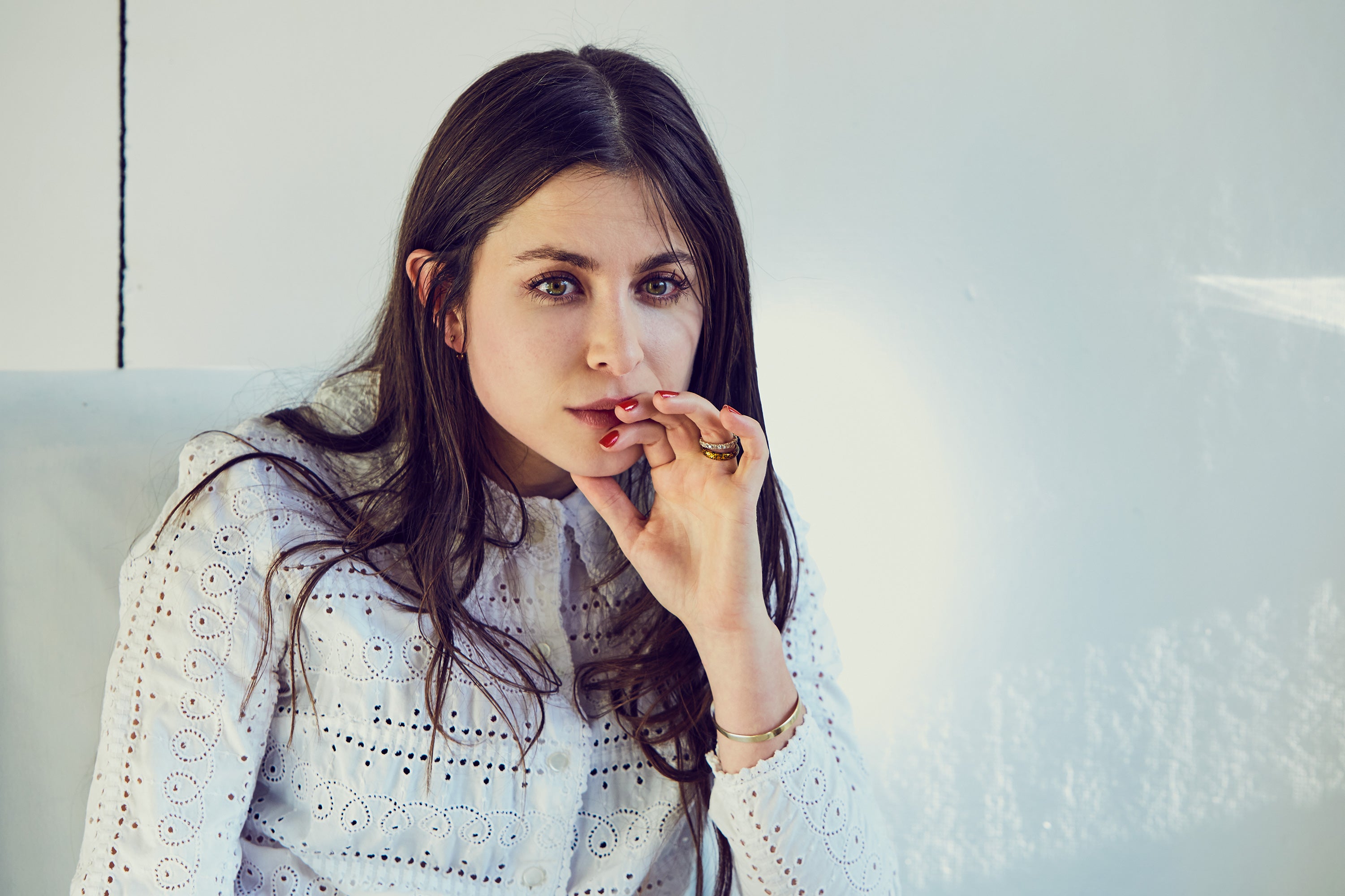
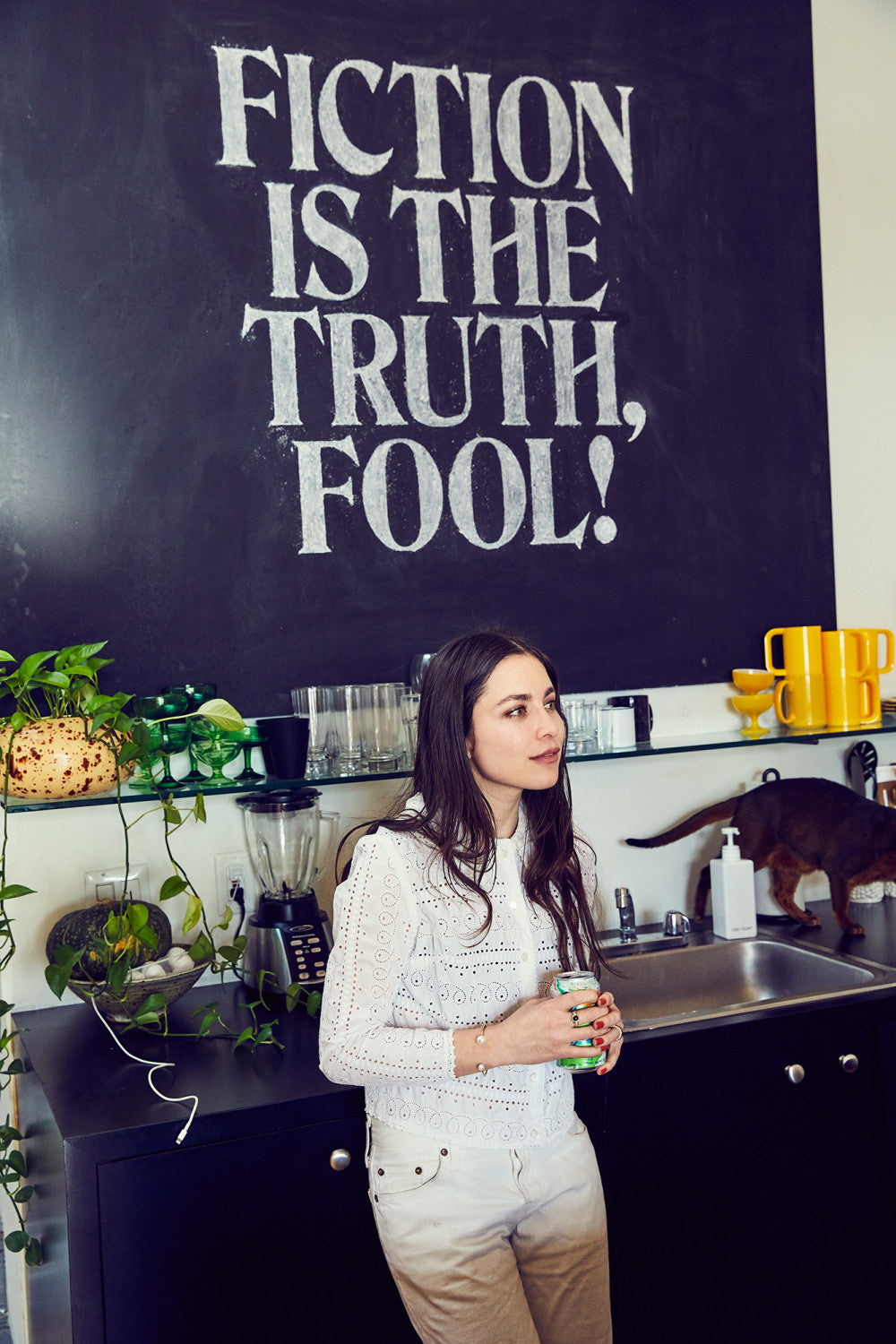
In New York, you can go out and take a seven-mile walk and see more things than you would see in three months somewhere else and yet have no one talk to you.

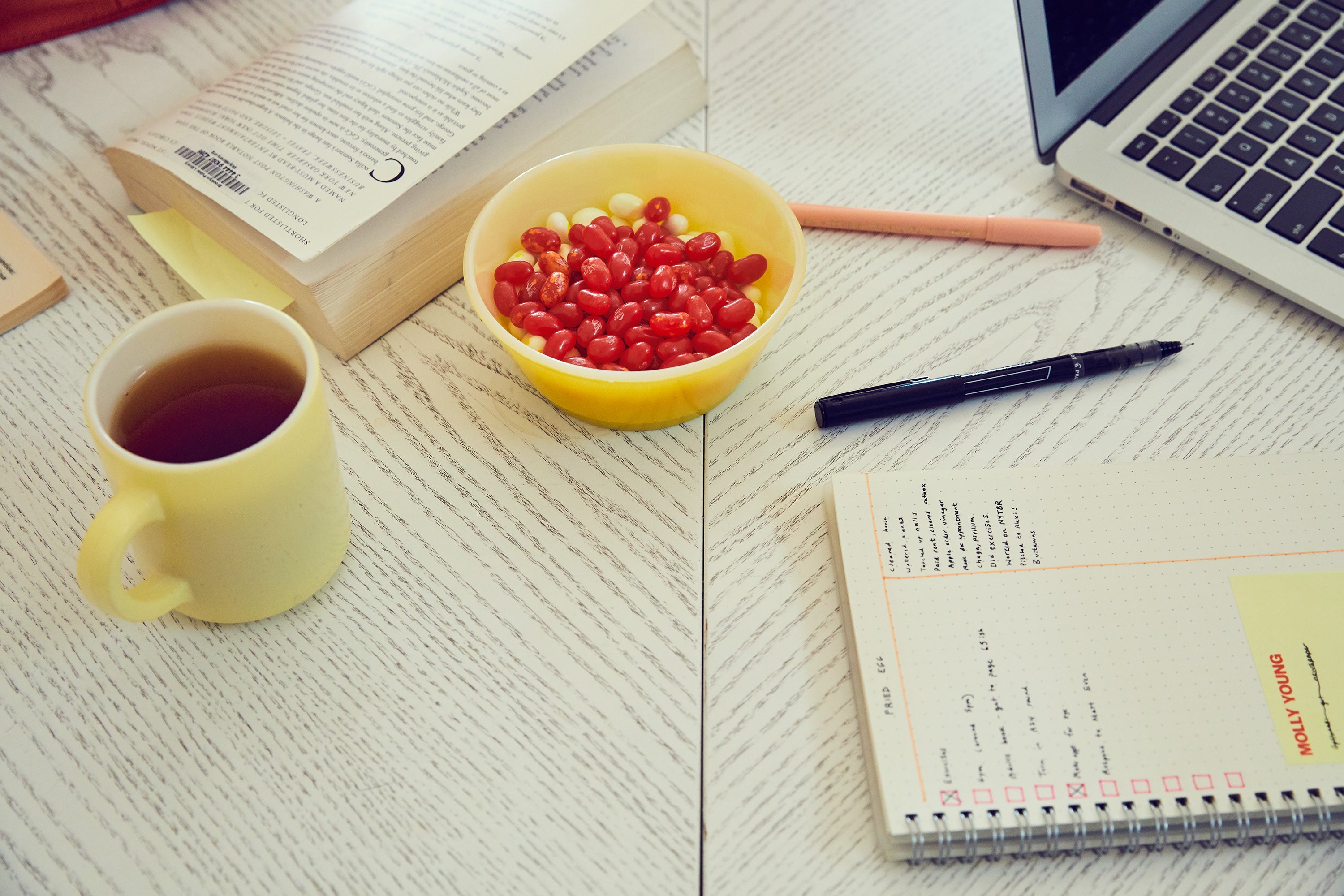
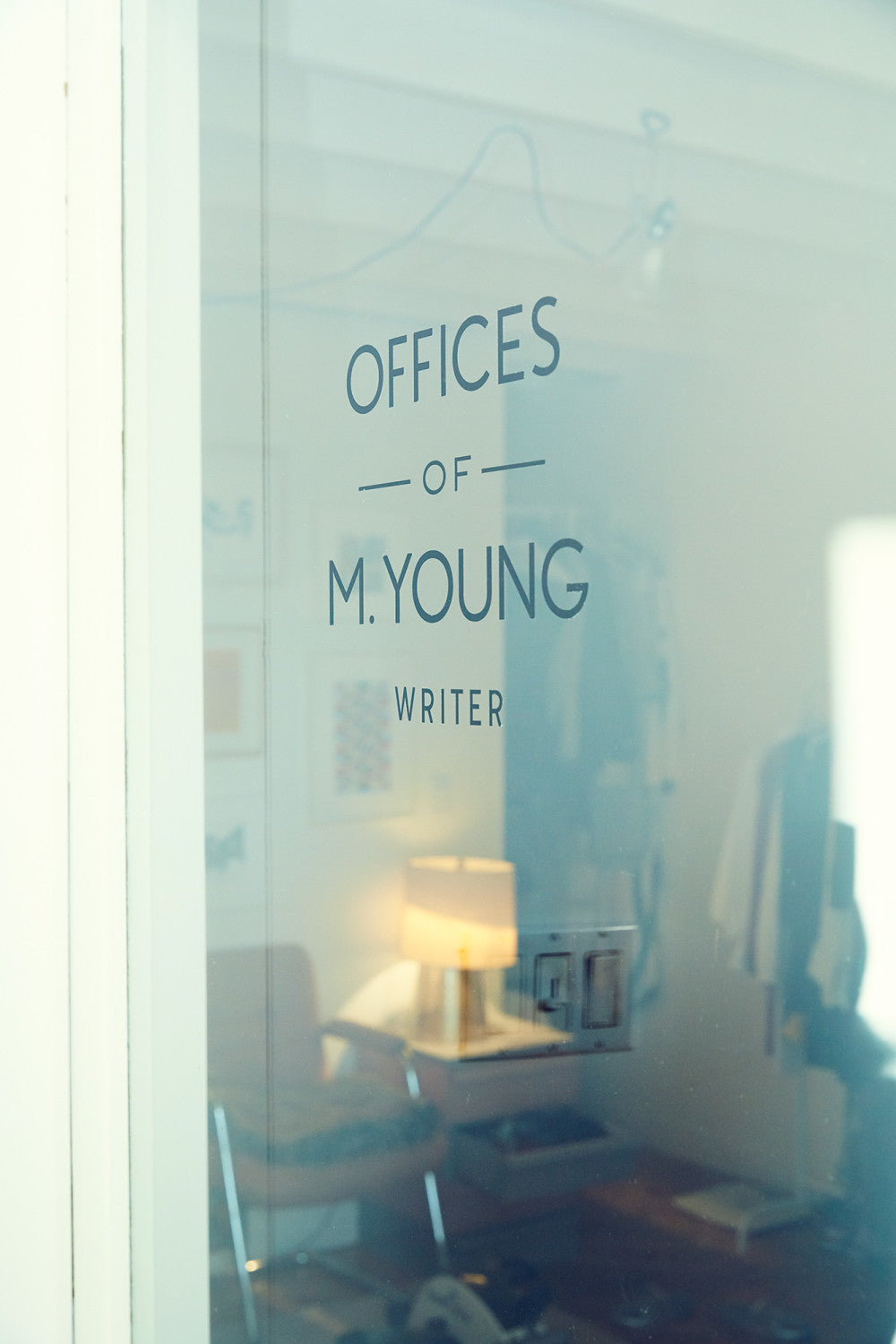
I've become very good at forcing myself to do things that I don't necessarily want to do.
